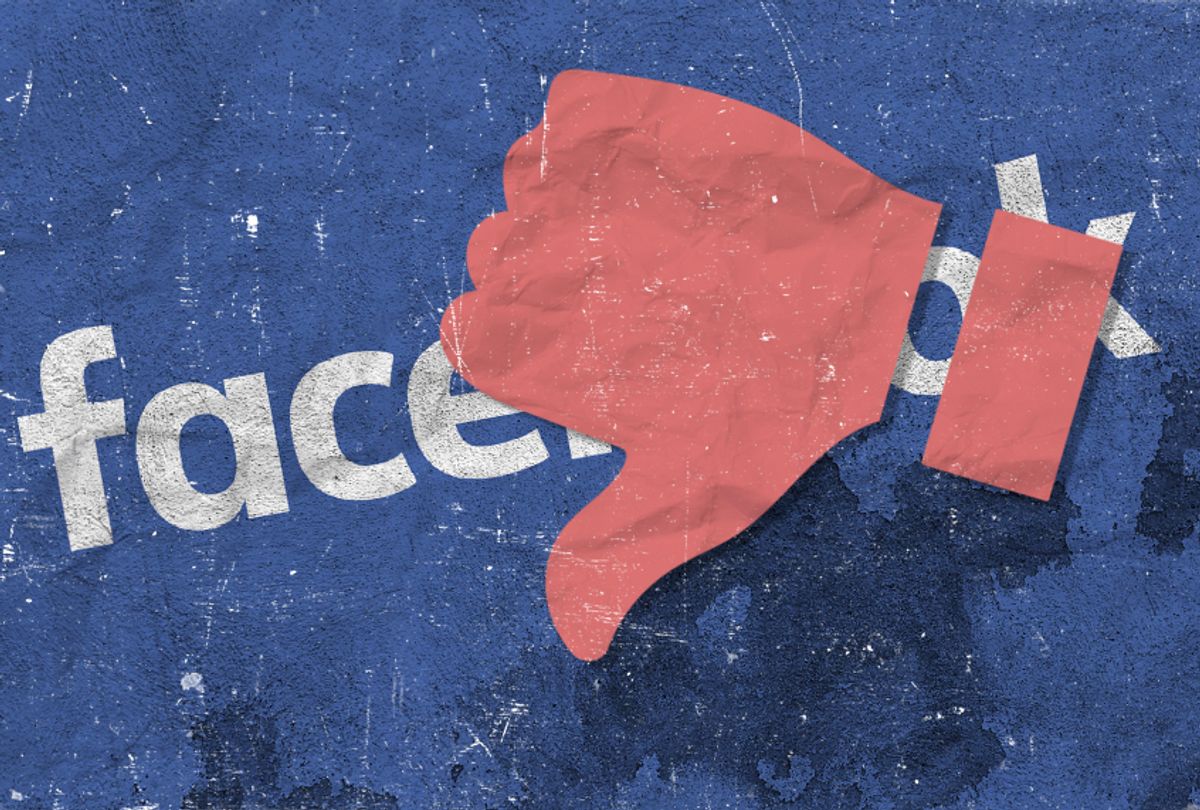The Roman poet Juvenal, in his poems the Satires, famously asked “who can watch the watchmen?” The question as to who polices those who have the power to police has haunted Western civilization since. There is no singular satisfactory answer, yet it is generally accepted that those who have the power to oversee must coexist with separate faculties to oversee them. Even so, those with power are prone to resist being policed: many cops detest nonprofits like CopWatch and movements like Black Lives Matter because they call into question that they have anything but noble intent. No one with power likes to be questioned as to whether they have a right to that power.
In the ongoing saga of Facebook’s role in perpetuating government-funded misinformation campaigns, the greatest and most under-reported irony is how the social media behemoth self-reports on its failings and misgiving. Today, the company “confirmed it has identified a coordinated political influence campaign believed to be working ahead of November's midterm elections,” as CNBC wrote. CNBC and many other outlets re-reported what was merely a press release originating from Facebook itself; that press release noted that the company had uncovered a number of Facebook pages that constituted “coordinated inauthentic behavior,” in their words. The Facebook pages were "liked" or followed by a collective 290,000 Facebook accounts, and had run 150 ads that cost a total of $11,000.
Facebook was cautious not to say specifically who was behind the “inauthentic” accounts — though they had some theories — and noted that the company had benefited from “working with outside experts” at the Atlantic Council, an anodyne think tank funded by a slew of western governments and multinationals corporations that Patrick L. Smith once described as adhering to “some stripe of housebroken neoliberalism.”
It is curious that so many news outlets have giddily re-reported Facebook’s press release as their news. And while it may be alarming that there was some mysterious force attempting that spent a paltry $11,000 to run political interference prior to the U.S. election, it is far more alarming that news of this nature is being broadcast by Facebook, and on Facebook’s own terms.
The social psychology term “illusory superiority” refers to the tendency of individuals to overestimate their own abilities relative to others. It manifests in a variety of ways: most people think they are smarter than average, or are better drivers than average. Obviously, no more than 50% can be better than average at any thing. In the case of Facebook, illusory superiority manifests in the company’s ability to think that it is the best choice to police and moderate its own platform.
It’s not. We saw that in the case of the Cambridge Analytica scandal, in which whistleblower Christopher Wylie revealed that the political data analytics company used Facebook data from millions of Facebook users — data that they had obtained because many users had taken a personality test on Facebook that mined not only theirs but their friends’ personal information. None of the Facebook users whose data was mined were informed by Facebook of what had happened; only after the data mining scandal exploded into public view over Cambridge Analytica’s work with the Trump campaign did Facebook retroactively reach out to users whose personal information had been harvested.
There’s an innate conflict of interest in Facebook self-reporting on what their internal cops have caught. For one, Facebook’s primary function, as any corporation, is to deliver maximum profit for its shareholders. It cares about bad actors buying Facebook ads, but only to the extent that it is politically problematic and causes users to leave the platform, which would cut into their profits. Many Western intelligence agencies, including the CIA and NSA, are deeply involved in the kind of “inauthentic behavior” and data-harvesting that Facebook claims to care about so deeply: The New York Times has reported on how the NSA mines Facebook globally for peoples’ connections, including surveilling its own citizens. And just as the CIA has historically intervened in pretty much any foreign election that involves US interests, that practice has extended into the digital realm. As the Times reported in an investigation into the US’s digital meddling in foreign elections:
Loch K. Johnson, the dean of American intelligence scholars, who began his career in the 1970s investigating the C.I.A. as a staff member of the Senate’s Church Committee, says Russia’s 2016 operation was simply the cyber-age version of standard United States practice for decades, whenever American officials were worried about a foreign vote.
“We’ve been doing this kind of thing since the C.I.A. was created in 1947,” said Mr. Johnson, now at the University of Georgia. “We’ve used posters, pamphlets, mailers, banners — you name it. We’ve planted false information in foreign newspapers."
There is a profound hypocrisy here, and one that speaks both to Facebook’s power and its selective enforcement of digital “norms.” Part of the problem is how intertwined the platform has become with intelligence agencies; part of the problem is that no one knows what Facebook really is. In a feature for New York Magazine last year, Max Read pontificated over how Facebook had transcended the bounds of corporation, nation-state and NGO. After Zuckerberg stated that the company had been “working to ensure the integrity of the German elections,” Read wrote that this was “not the kind of language we expect from media organizations, even the largest ones. It’s the language of governments, or political parties, or NGOs.”
Who moderates the moderators? Like all tech companies fearing regulation that might give competitors insight into their organization, Facebook has a vested interest in keeping its internal machinations from prying eyes. Yet an internal investigation is inherently never a full, real investigation. There are too many conflicts of interest that prevent that from being possible.



Shares